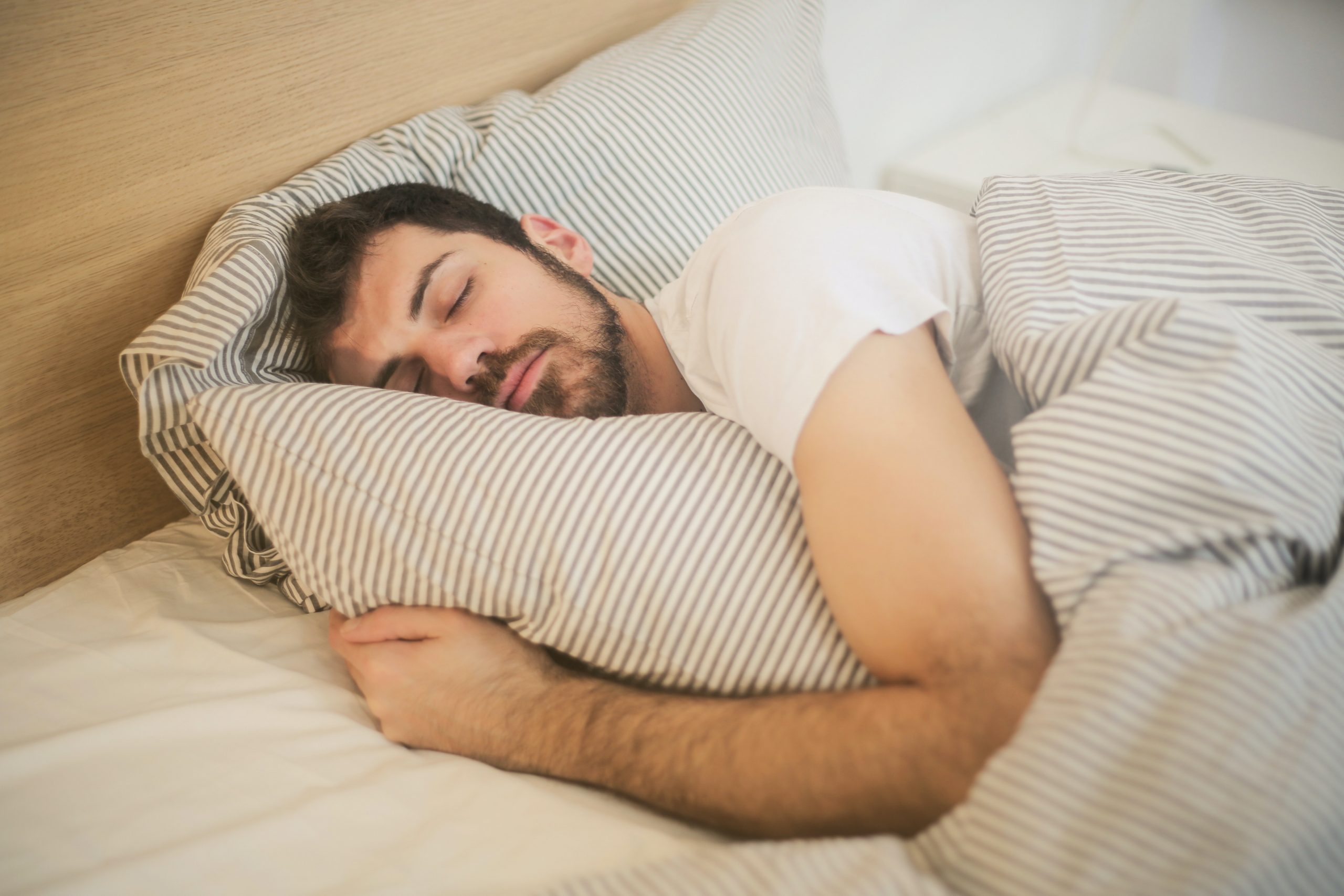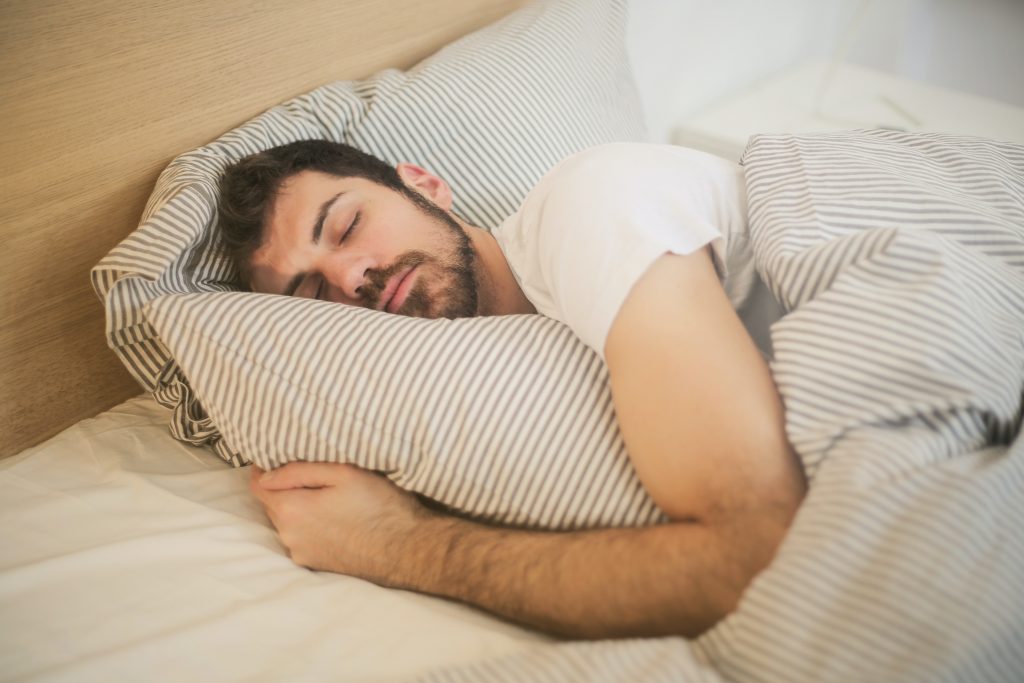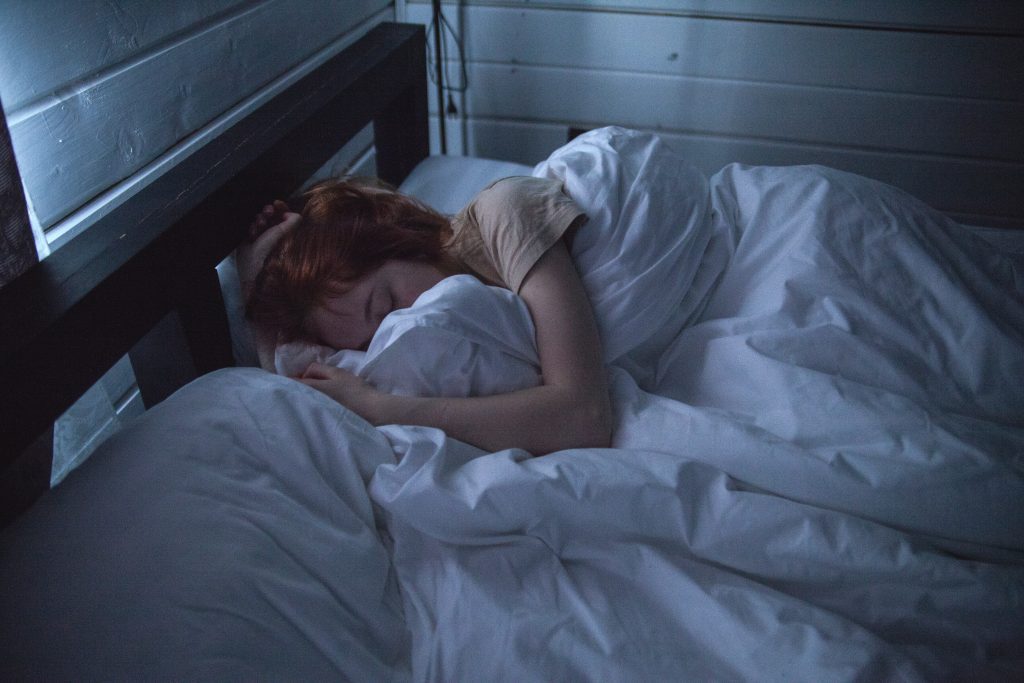Health
Methods for Dealing with Sleeplessness

Getting enough shut-eye is crucial. Neurosurgeon, sleep expert, and author of many books on sleep (including The Rested Child) and MH Advisor W. Chris Winter, MD, states, “Outside of bacon and sex, sleep is the most essential thing on the earth.” Also, there’s logic behind this. Sleep deprivation may lead to a variety of health problems, including but not limited to type 2 diabetes, heart disease, obesity, and depression.
Sometimes it’s hard to get a decent night’s sleep even if you’re doing everything right—getting enough of exercise, sticking to a regular sleep schedule, avoiding alcohol before bed, keeping the room cold and dark, and keeping the noise level to a minimum. As luck would have it, it’s not necessarily a huge worry. “A cupcake here and there or skipping a meal there doesn’t matter. Both are dangerous if they become the norm. The same may be said about bedtime. According to Dr. Winter, who explains that worrying about not sleeping tonight is what differentiates sleeplessness from insomnia, “tonight’s sleep is not that big of an issue.”
That doesn’t make the fact that you can’t sleep any less frustrating, however. Here are some things you should and should not do in the heat of the moment if you find yourself in a bind.
Stop worrying and start having fun.

Even if sleep is eluding you, you may not believe there is any benefit in merely shutting your eyes and laying in bed. However, relaxing is enormously helpful from a medical and cognitive standpoint, as explained by Dr. Winter, who argues that we place much too much importance on recommendations to go asleep. In order to calm your nerves and unwind your thoughts, nothing beats a good nap. Just let ourselves off the hook and get used to being awake in bed if it’s physically difficult to stay up. Dr. Winter assures us, “There is nothing to worry,” and suggests striking “unconsciousness” off our to-do list before turning in for the night. “If you don’t mind staying in bed all day thinking, meditating, praying, or daydreaming about your celebrity infatuation,” advises Dr. Winter.
Put down the electronic devices.
When everything else fails and you’re still unable to fall asleep, it’s tempting to switch on the TV or browse mindlessly through your phone. Don’t. Kuljeet (Kelly) Gill, MD, a sleep medicine expert at Northwestern Medicine Central DuPage Hospital, recommends avoiding gadgets and bright light devices because their blazing light, also known as blue light, may further disrupt sleep by blocking the release of melatonin.
Make sure your bed is reserved for sleep exclusively.
Not sleeping because you did anything else in bed is a common mistake. According to Alcibiades J. Rodriguez, MD, FAASM, Associate Professor of Neurology at NYU Grossman School of Medicine and Medical Director, NYU Comprehensive Epilepsy Center-Sleep Center, one should “go in bed exclusively to sleep.” (Okay, sex is allowed.) The point is, when you go between the covers, you should feel ready to sleep. Doing other activities, such as working on a computer or eating, immediately before bed might train your brain to link the bedroom with something other than sleep.
In other words, you need to get up from your bed.
It might be helpful to limit how long you spend in bed if you’re having difficulties falling asleep at the start of the night or falling back to sleep if you wake up in the middle of the night. If 20 minutes have passed and sleep still hasn’t come, “get up and leave the bed and do something calming, low energy and in dim light, like reading, meditation, or deep breathing,” says Dr. Gill. Dr. Rodriguez also advises not checking the time. Time passing before your eyes might increase your anxiety and make it harder to fall asleep.
If you want to go back to sleep, when should you do it? Dr. Winter is opposed to setting a deadline for the current predicament. “It’s simply making things worse,” he says. If you’re feeling drowsy, I’d recommend returning to bed. If not, feel free to remain up as late as you please without consequence.

To add insult to injury, it’s not even hard. Dr. Winter responds, “It is what it is.” What’s tough is the effort some individuals have to put in to free themselves from that way of thinking. Almost nobody is willing to put forth the effort. They’re looking for a magic bullet, a quick fix. They refuse to admit that insomnia is caused by anxiety rather than a lack of sleep and refuse to investigate its root cause.












